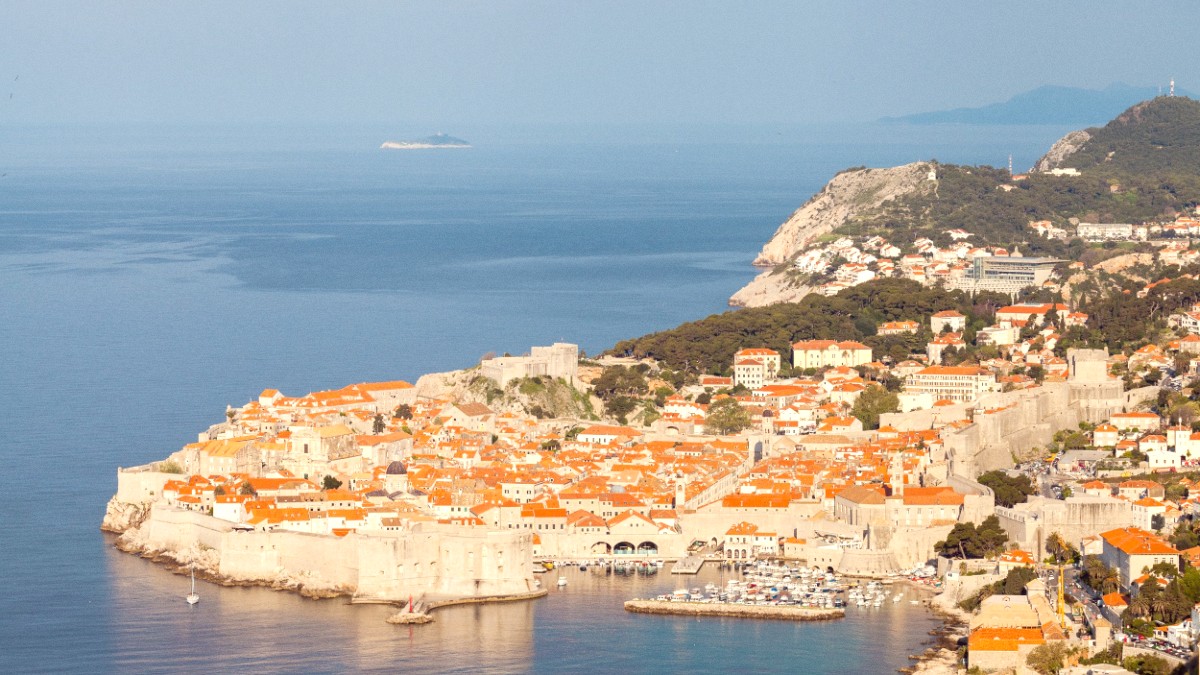
Croatia
Croatia has reliable mobile networks. Major providers HT, A1, and Telemach. Prepaid tourist SIM cards are available at Dubrovnik Airport, local kiosks (Tisak), post offices, or official provider stores.
Free Wi-Fi is common in Cavtat. Most hotels, guesthouses, restaurants, and cafes deliver complimentary Wi-Fi access for their customers. Public Wi-Fi hotspots may be available in some town squares.
Official language is Croatian. English is widely spoken in tourist areas, specifically by younger generations and those working in tourism. German and Italian are also understood by some.
Learning a few basic Croatian phrases may enrich your interactions with locals.
Familiarize yourself with typical operating hours and public holidays in Cavtat.
Generally open from 08:00 or 09:00 to 20:00 or 21:00. Peak season may see longer hours. Smaller shops might close for a midday break (Marenda).
Lunch service usually starts around 12:00. Dinner service begins from 18:00 or 19:00. Many in tourist areas remain open until 23:00 or midnight in summer.
Typically open from 09:00 or 10:00 to 17:00 or 18:00. Some extend hours in summer. Many, like Vlaho Bukovac House, close on Mondays. Check specific hours.
Banks typically operate from 08:00 to 16:00 on weekdays. They may have shorter hours on Saturdays and usually close on Sundays.
Many businesses catering to tourists close entirely or operate on very limited schedules during the low season (November to March).
Public holidays mean banks, post offices, and some government services typically close. Many shops may also close or operate on reduced hours. However, restaurants and attractions in tourist areas generally remain open.
A few cultural insights to make your interactions smooth and respectful.
A handshake is common for introductions. A simple "Dobar dan" (good day) serves as a standard and appreciated greeting when entering a shop or restaurant.
Casual wear is acceptable for most situations. When visiting churches or religious sites, dress modestly by covering shoulders and knees. Swimwear is for beaches and pool areas only.
Generally, you may photograph public spaces. Always ask for permission when photographing individuals, especially in rural areas or if children are involved. Respect privacy in residential areas.
When visiting churches or monasteries, maintain silence and a respectful demeanor. Avoid talking loudly or engaging in disruptive behavior. If a service is in progress, enter quietly or wait until it concludes.
Specialized services for visual or hearing impairments are limited directly in Cavtat. Contact specific accommodations or tour operators to confirm accessibility before booking. Online forums present peer advice.
Further tips for a smooth and enjoyable trip.
Croatia's currency is the Euro (€). Credit and debit cards are widely accepted, but it's good to have some cash for smaller purchases or local markets.
Croatians are generally polite and hospitable. A friendly smile and basic greetings go a long way. Punctuality is valued, but flexibility is also common in social settings.
Dubrovnik Airport (DBV) offers various services including car rentals, currency exchange, and duty-free shops. Consider lounge access for comfort before flights.
Tipping is customary but not obligatory. Rounding up the bill or leaving 5-10% for good service in restaurants is common. For taxi drivers, rounding up is typical.
Services assist with compensation for flight delays, cancellations, or denied boarding.
Visit CompensairA good travel insurance policy is important for unexpected events.
Keep local emergency numbers handy: 112 for general emergencies.